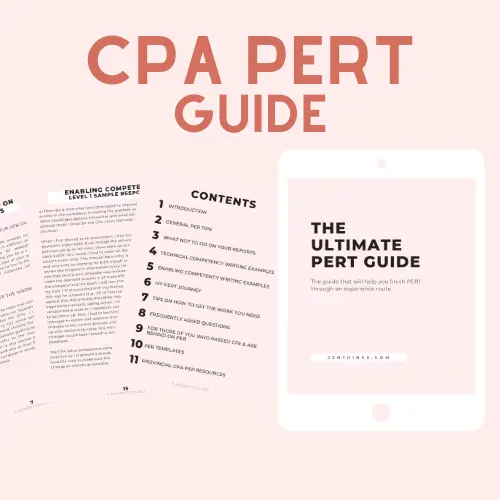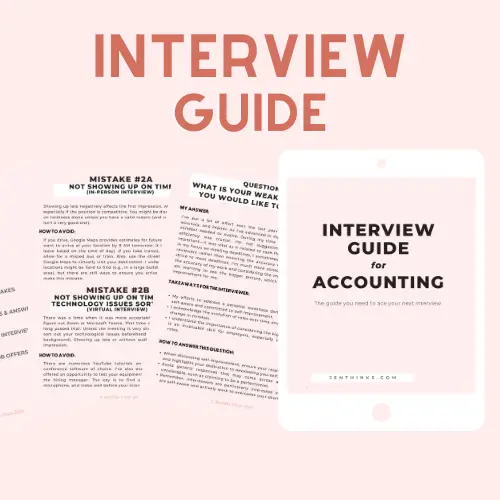I took Core 1 at the regular pace (8-week) and Core 2 at the extended pace (20-week). The main reason why I decided to take Extended Core 2 was that I had a number of trips planned for the first half of the year including a two-week Asia trip for my friend’s wedding. As I have mentioned in one of my CPA Journey posts, the extended pace would have worked well for me as I won’t have to study more than usual before or on my trips.
YOU MIGHT BE INTERESTED – Densmore for CPA PEP – Are The PEP Essentials Packages Worth It?
Do I Prefer the Regular or Extended Module?
No one, with their wildest imaginations, would have expected COVID to hit the world the way it did. All of a sudden, everyone had to cancel their trips and many of us started working from home. For those of us who had a commute, we all found ourselves with more time to spend than before (unless you have children who are required to be home-schooled). I struggled with using my new found time wisely in the beginning and ended up wasting it away. However, once I got the hang of it (with the help of the Monday Hour One process), I have decided I would avoid taking the regular module if I could.
I admit I am biased towards the extended module because the pace allowed me to work on my blogs on top of my full-time job without feeling stressed at all. However, I tried my very best to remain objective for my analysis below so you can make the best-informed decision for yourself.
Who Should Take the Regular Module?
If you meet all or most of the criteria below, the regular module is for you:
- want to write the CFE (Common Final Examination) as soon as possible
- can dedicate most, if not all, of the 8 weekends to study and work on weekly assignments
- have a job that does not require a lot of overtime so you can study or rest in the evening
- have no other responsibilities that would force you to only study very late at night or very early in the morning (e.g., children, part-time job)
- a procrastinator (I will explain more next)
In other words, the regular pace is perfect for people who want to and are able to just get it over with.
I say the regular pace is perfect for procrastinator because you would feel like you are procrastinating for the entire 8 weeks. When I did it, I felt like I was always behind yet I was in fact sticking to my plan as best as I could.
You are expected to feel like that because the module is designed to be demanding – assigned readings, 25 MCQ’s and 2 assignments weekly in addition to a module workshop weekend (2 weekends for Core 1).
If you start during the Winter Term (Feb – Apr) and pass all 4 modules (Core 1, Core 2, Elective 1, Elective 2) the first time, you will be able to write the CFE as early as May the following year.
~ More CPA Posts ~
CPA PEP Core 1 – How to Study for the Module and the Exam
CPA PERT – Ultimate Guide on How to Get Your First Experience Report via EVR Approved
CPA PEP Core 2 – How to Study for the Exam Without Feeling Burned Out?
Who Should Take the Extended Module?
If you meet all or most of the criteria below, the extended module is for you:
- is in no rush to write the CFE for any reasons (e.g., need work experience for PERT, career development)
- will be travelling (for business or leisure) or have commitments in the evenings or on the weekends
- have a job that requires overtime and/or unstable working hours
- have childcare responsibilities or a part-time job
- not a procrastinator and good at sticking to plan
In other words, the extended pace is perfect for people who have work or life commitments other than studying for CPA.
However, if you are a procrastinator and tend to study last-minute, you will not enjoy the full benefits of an extended module. I say this because you will benefit from the longer pace the most if you spread out your study. This way, you will not have to study for too long each day and allow yourself to absorb the material without feeling stressed for time.
Does This Mean You Should Only Take Regular or Only Extended for All Modules?
Absolutely not.
For me, even though I really enjoyed the extended pace, I have decided to take 1 extended elective and 1 regular elective. This is because I want to write the CFE next September and the only way to do it is to take the Capstone modules during the Spring and Summer terms.
However, I do plan on getting ahead with the studying for the regular elective during the 3-week break between modules. This way, I am essentially creating my own extended module.
If you are in the process of planning your PEP schedule, start with the schedules posted on the website of your region’s CPA body (CPAWSB, CPA Atlantic, CPA Ontario).
Don’t hesitate to leave a comment below if you have a question as well. If I don’t have the answer, I will find you someone who does 🙂


